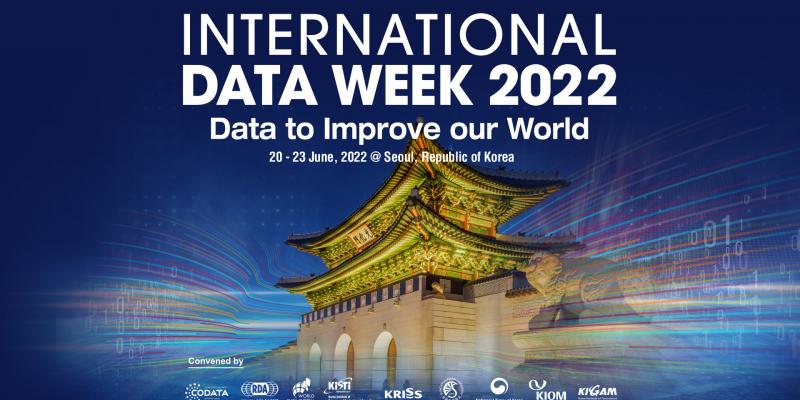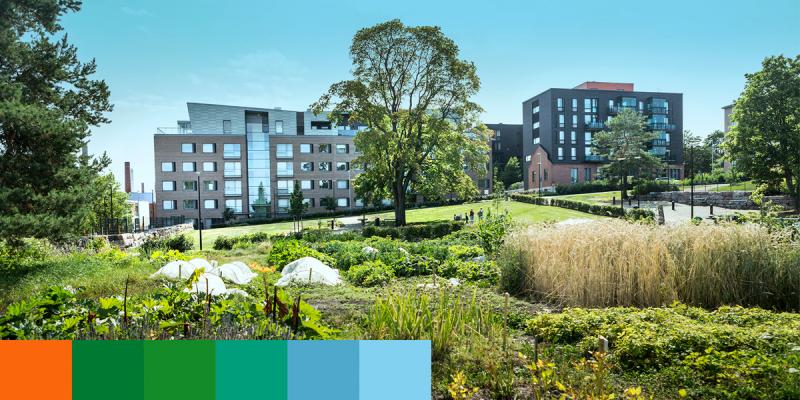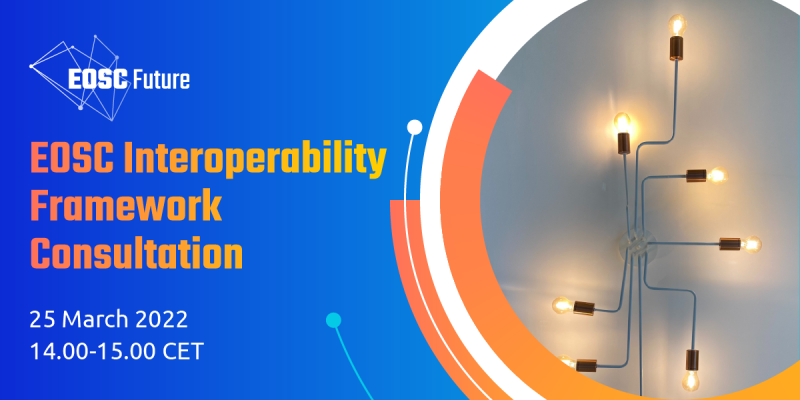The purpose of this webinar is to clarify the role and purpose of CSC's data storage, sharing and publishing services at different stages of the research lifecycle.
Subject term search
29.4.2022
Apply for free registration and travel support to attend the RDA 19th Plenary at the International Data Week!
Jyväskylä
Helsinki
How can open knowledge produce sustainability transformation? How can climate change and loss of diversity be managed and mitigated through long-term environmental monitoring?
29.4.2022
A new policy on Open Scholarship, recommendations citizen science and cooperation with business as well as a self-evaluation tool for research services.
12.4.2022
The draft policy component on open access to research methods and infrastructures is open for comments until 24 May 2022.
Join EOSC Future, the INFRAEOSC-07 projects and ARCHIVER to discover what the EOSC platform has to offer for resource and service providers.
6.4.2022
The DMP is done – what’s next for the principal investigator, what does implementation require? The Data Training working group discusses data management for responsible leadership for data management.
The EOSC Future project has prepared a dr
Helsinki
The themes of the event this year are knowledge ecosystems and liable evaluation. The seminar is intended for all people working with e.g. bibliometrics, research evaluation, and research administration.
Update: slides
What were the EOSC Association´s main achievements in 2021? What to expect in 2022? Join the EOSC FF Café and find out!
15.3.2022
Share your work with the national EOSC community in an EOSC Finnish Forum webinar!
7.3.2022
The EOSC Association has launched a public consultation on the Multi-Annual Roadmap (MAR) 2023–2024.











